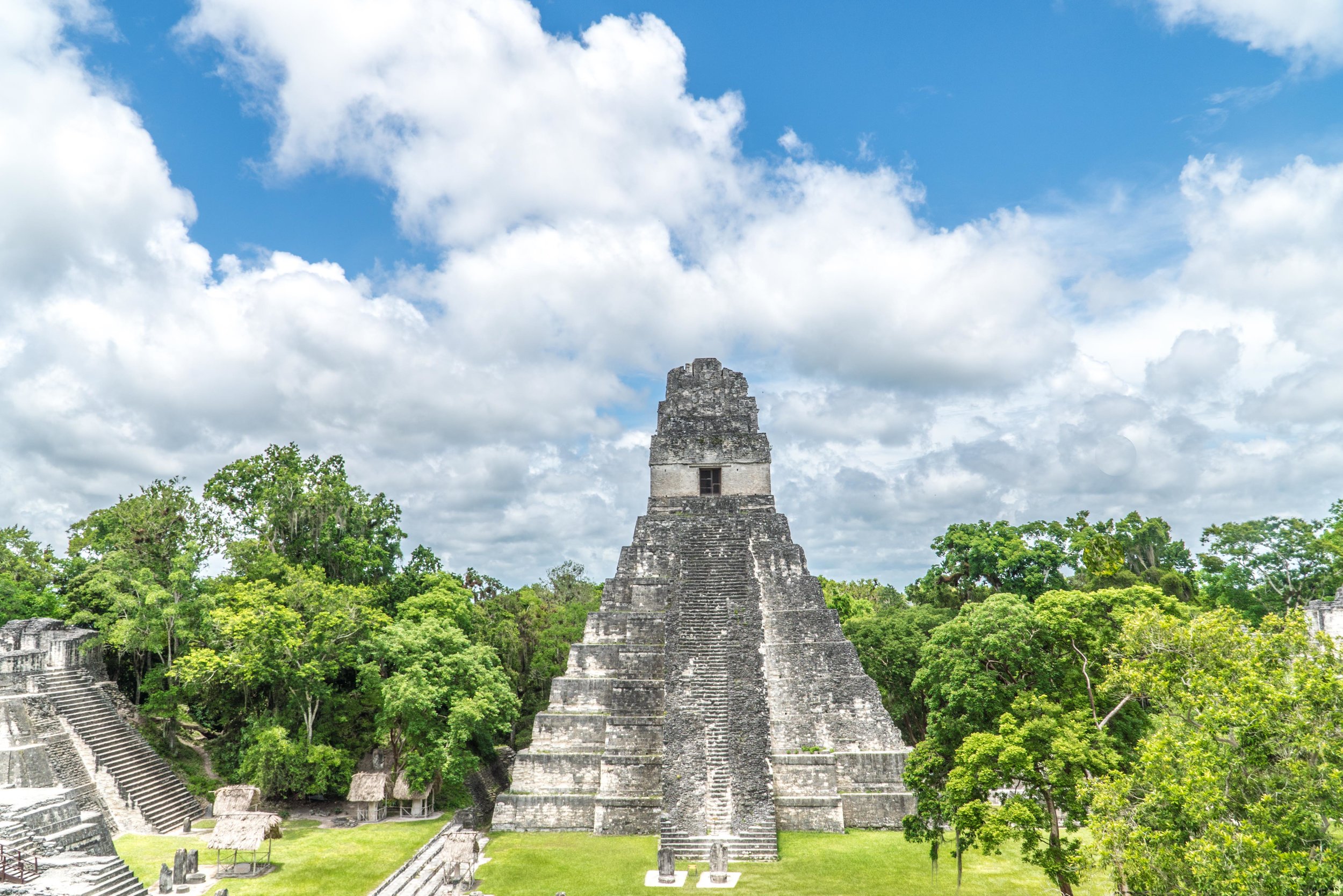Inspiring Sustainable Travel Through Stories
Is sustainable travel in fact sustainable? Think about it. Is the idea of sustainable travel a bunch of buzz words resulting in little more than people recycling, or are positive strides being made to preserve the world for generations (Matt Long of Landlopers recently discussed the impact of travel)? I've considered my impact on travel almost as long as I've traveled. I remember watching in horror as a teenager when one of my favorite North Carolina attractions, the Cape Hatteras Lighthouse, was being relocated in the late 1990s due to erosion. Horror because many didn't think the 100-year-old structure could survive the move. It did successfully survive the move and remains open to the public. Nonetheless, I was excited for the Green Living Project's sustainable travel short film showcase to see for myself what kind of sustainable initiatives were happening around the world and consider how I can be a more responsible traveler, while educating and inspiring others to join me. I was thrilled to be representing AFAR's meetup group, whom themselves have their hands in doing good through travel, such as the AFAR Foundation.
The event got kicked off with the welcome reception, where I found out that most of the attendees were students at the Presidio Graduate School, which is one of the first graduate schools with a focus on sustainable management. Having lived in San Francisco just a few months, I've already noticed that sustainability is a frequently used term that you often see in practice on a daily basis, such as outdoor trash cans that have separate parts that are exclusively for recycling. I was fascinated by the event's guest speaker, Nikhil Arora, who is the co-founder of Back to the Roots, which develops gourmet mushrooms out of coffee ground waste. They even sell DIY mushroom kits and not the shrooms you may be more familiar with from your college days.
The short film showcase featured several five-minute films from destinations around the world, each destination focusing on a different sustainable project. Destinations included Nicaragua, New Mexico, Belize, Guatemala, Mexico, and Illinois. The purpose behind both the Green Living Project and the short film showcase is to inspire people to incorporate sustainability into their own lives through the stories that are told.
I was most impressed by the first film, partly because it took place in Managua, Nicaragua, which I've visited, and because I think it's an exceptional story. The film featured Potters for Peace, which develops low-cost, low-tech ceramic water filters that eliminate 99.88% of most water-born disease agents. There are no bells and whistles to it, yet this simple idea of a ceramic water filtration system is being used around the world in destinations that don't have sufficient accessibility to clean water. First used on a mass scale in 1998 after Hurricane Mitch swept through Central America, production facilities are now being opened in other countries.
The final film took place in one of my favorite U.S. destinations: Taos, New Mexico. New Mexico is the first state to initiate a statewide ecotourism initiative. The mission is to encourage travel that isn't just seeing and doing, but travel that is transformative. This includes tours that have a low impact on the environment, such as llama tours through the backcountry of New Mexico. As a pack animal with leather padded feet, llamas have one of the lowest impacts on the environment.
At the end of the night, the Green Living Project short film showcase again made me think about how I can live and travel more responsibly. I like to travel and am continually amazed at the experiences I've had. However, for generations to have such experiences, I believe it takes initiative on our part to ensure that destinations and experiences are preserved. I'm still figuring out what this looks like for my own life, but I hope you'll join me in continuing the conversation and that the conversation will then in turn become action.
How do you think we can be more responsible travelers?










